Marxism, famously a cry of pain rather than a science, has had its poets, but so has every other major religious heresy
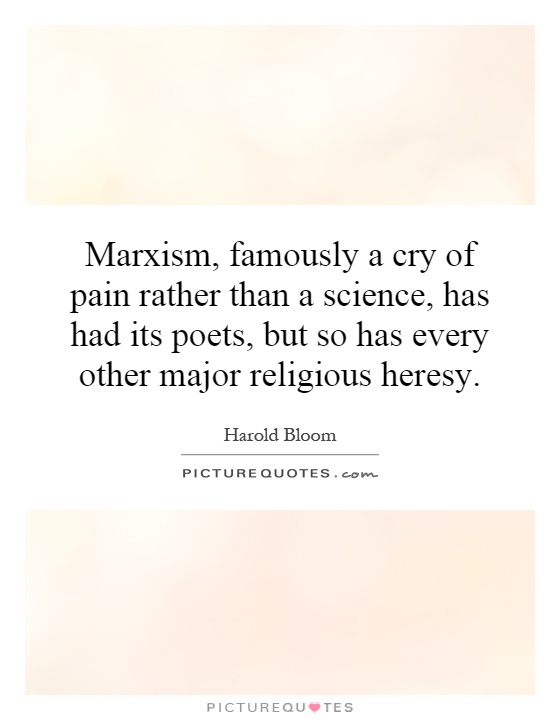
Marxism, famously a cry of pain rather than a science, has had its poets, but so has every other major religious heresy
Harold Bloom, the renowned literary critic and scholar, has often explored the intersection of poetry, religion, and ideology in his work. In his examination of Marxism as a "cry of pain rather than a science," Bloom delves into the emotional and spiritual dimensions of this revolutionary ideology. While Marxism is often associated with political and economic theory, Bloom suggests that it also has a poetic and religious quality that speaks to the human experience of suffering and struggle.Bloom's assertion that Marxism is a "cry of pain" reflects the deep sense of injustice and oppression that inspired the ideology. The Marxist belief in the inherent exploitation of the working class and the need for revolution to overthrow capitalist systems is rooted in a profound sense of moral outrage and empathy for the downtrodden. This emotional intensity is captured in the poetry of Marxist thinkers and activists, who use language to express their anger, hope, and solidarity with the oppressed.
However, Bloom also acknowledges that Marxism is a "heresy" in the context of traditional religious beliefs. Like other radical ideologies, Marxism challenges established norms and values, offering a new vision of social justice and equality. This revolutionary spirit is reflected in the poetry of Marxist writers, who often use language to subvert dominant power structures and imagine a more just and equitable society.
Bloom's comparison of Marxism to religious heresies suggests that both ideologies share a common impulse to challenge authority and question established truths. Just as religious heretics have used poetry to express their dissent and defiance, Marxist poets have used language to critique and resist the status quo. In this sense, Marxism can be seen as a form of secular religion, offering a vision of social transformation and liberation that speaks to the deepest human desires for justice and freedom.
Overall, Bloom's exploration of Marxism as a poetic and religious phenomenon highlights the complex and multifaceted nature of this revolutionary ideology. By examining the emotional and spiritual dimensions of Marxism, Bloom invites us to consider the ways in which poetry can illuminate the moral and existential dimensions of political struggle. In doing so, he challenges us to think more deeply about the relationship between ideology, art, and the human experience of suffering and resistance.
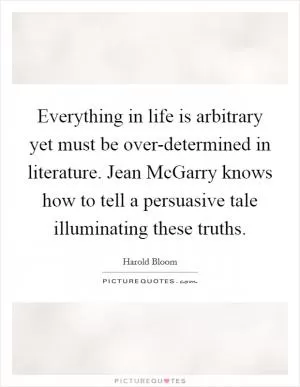
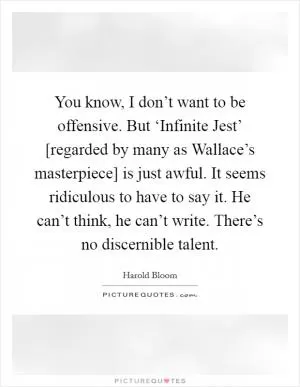
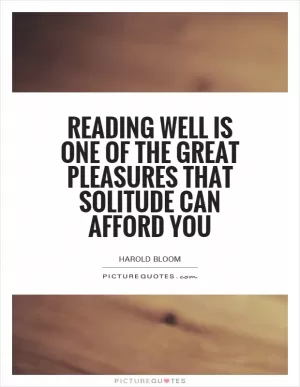
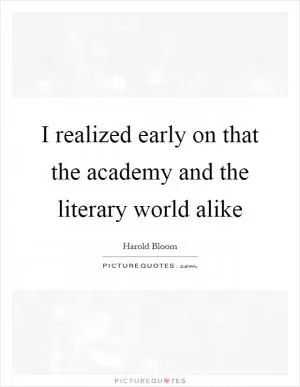
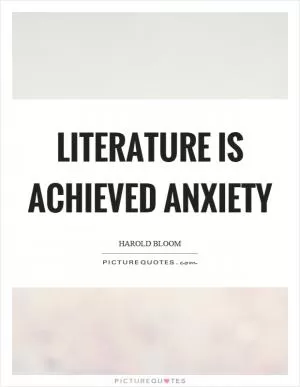
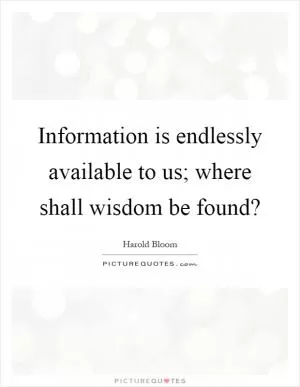
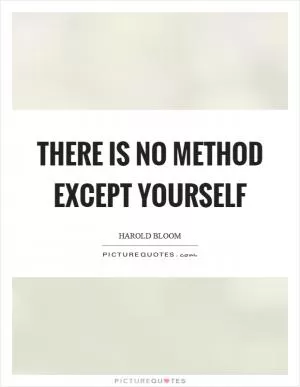
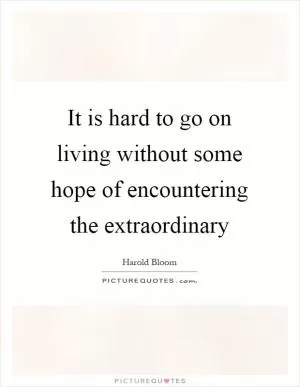
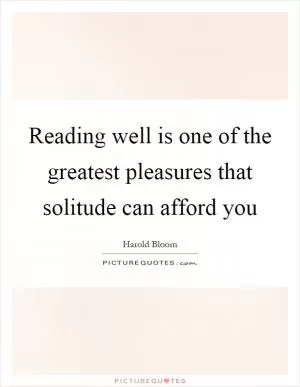
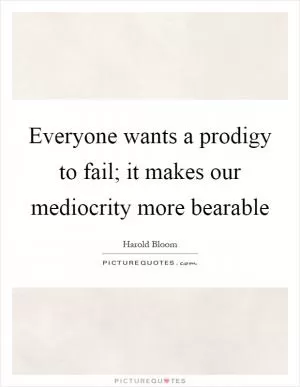
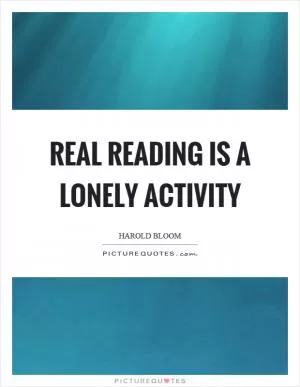
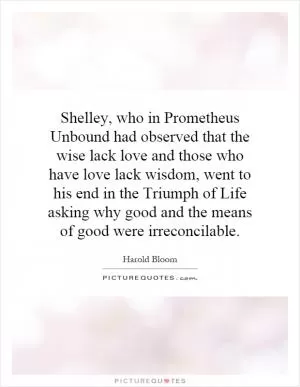
 Friendship Quotes
Friendship Quotes Love Quotes
Love Quotes Life Quotes
Life Quotes Funny Quotes
Funny Quotes Motivational Quotes
Motivational Quotes Inspirational Quotes
Inspirational Quotes